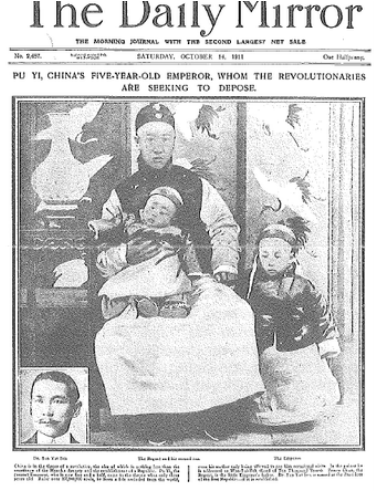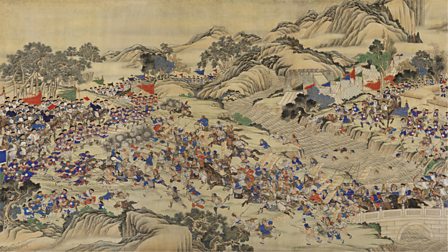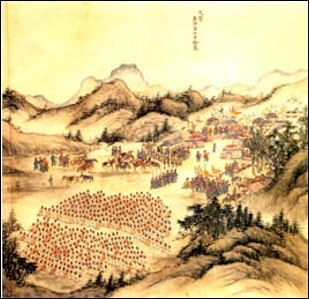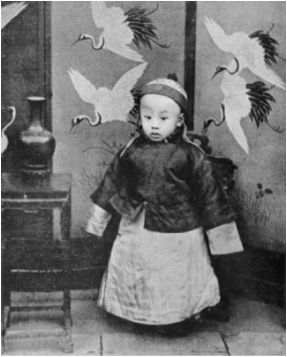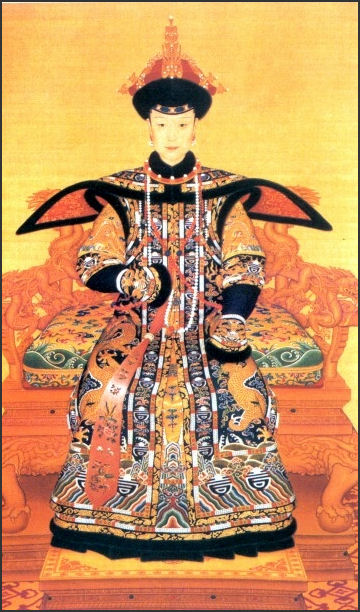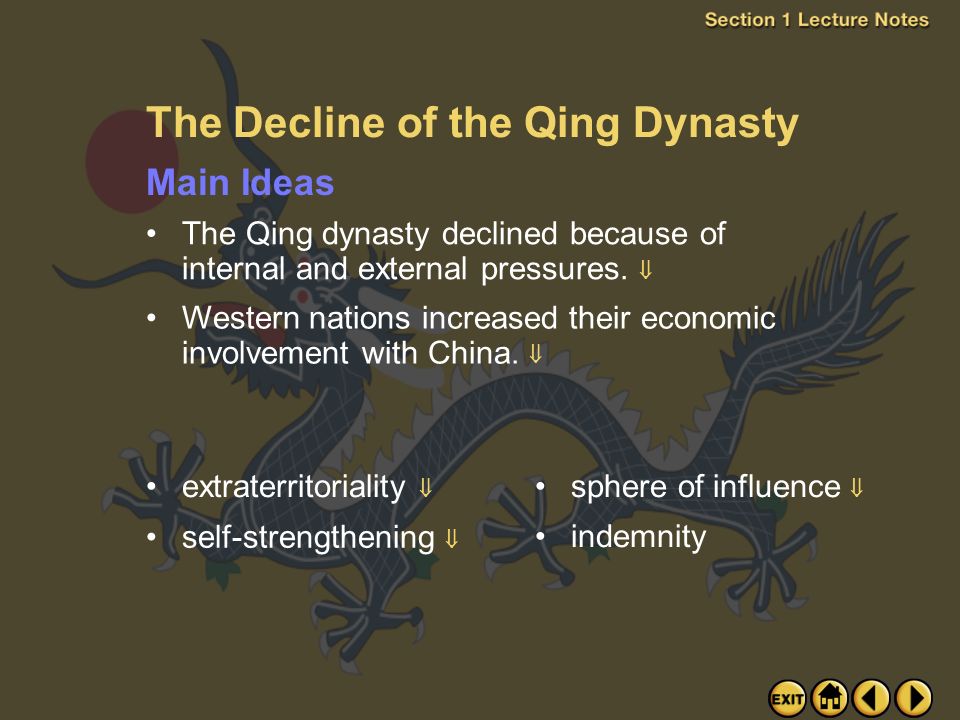The Qing dynasty, also known as the Manchu dynasty, was the last imperial dynasty of China, ruling from 1644 to 1912. The Qing dynasty saw significant social, economic, and political changes throughout its reign, and ultimately its fall can be attributed to a combination of internal and external factors.
One of the main internal factors contributing to the fall of the Qing dynasty was the decline of the imperial system itself. The Qing dynasty was characterized by a centralized, autocratic government with a strict hierarchy. The Qing rulers relied heavily on a system of merit-based exams to select officials, which led to a highly educated bureaucracy. However, this system also meant that there was little room for upward mobility for those who were not part of the elite. This led to widespread corruption and nepotism within the government, as officials used their positions for personal gain rather than serving the people.
Another internal factor that contributed to the fall of the Qing dynasty was the lack of political reform. Despite the numerous challenges facing the Qing dynasty, the rulers were resistant to change and refused to implement reforms that could have strengthened the government. This included the refusal to adopt Western technologies and systems, such as a constitutional monarchy or representative government. The Qing dynasty's inability to adapt to the changing times ultimately led to its downfall.
External factors also played a role in the fall of the Qing dynasty. One of the most significant external factors was the growing foreign influence in China. The Qing dynasty was weakened by foreign imperialism, as European powers and the United States increasingly exerted their influence in China. This included the forced opening of China to foreign trade, the establishment of "treaty ports" where foreigners were allowed to live and conduct business, and the colonization of parts of China by foreign powers. The Qing dynasty was unable to effectively resist these encroachments, and its weakened position made it vulnerable to further foreign interference.
In addition to foreign influence, the Qing dynasty was also weakened by internal unrest and rebellion. Throughout its reign, the Qing dynasty faced numerous revolts and uprisings, including the Taiping Rebellion, which lasted for over a decade and resulted in the deaths of millions of people. These rebellions drained the Qing government's resources and weakened its ability to maintain control over the country.
In conclusion, the fall of the Qing dynasty was the result of a combination of internal and external factors, including the decline of the imperial system, the lack of political reform, foreign imperialism, and internal unrest. These factors all contributed to the Qing dynasty's inability to adapt to the changing times and ultimately led to its downfall.
